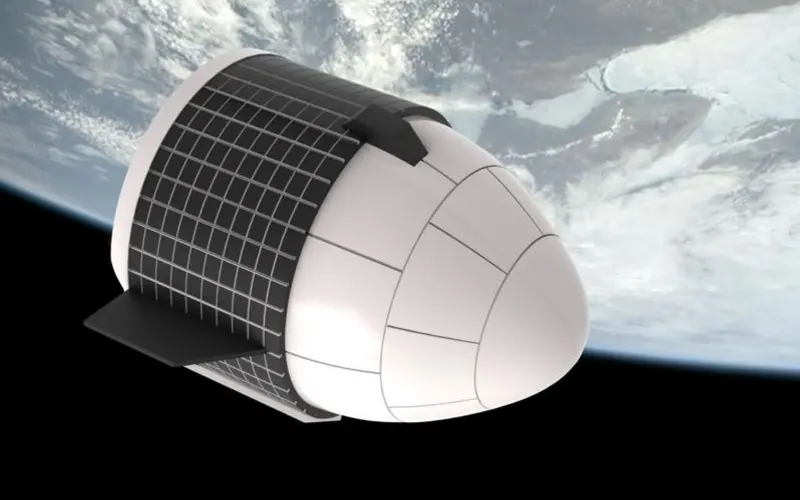 Credit: Genesis Space Flight Laboratories
Credit: Genesis Space Flight Laboratories
Croatia-based Genesis Space Flight Laboratories has secured €300,000 in pre-seed funding to begin the development of GEN, a spacecraft designed to carry out frequent autonomous microgravity missions to and from low Earth orbit.
The company originated in Slovenia in 2020 as the Genoplant Research Institute, developing the Genoplant Analyzer, a “portable laboratory” for plant diagnostics. In late 2024, the company launched its Genesis Space Flight Laboratories division to begin work on a modular incubator designed to conduct customer experiments in the microgravity environment of low Earth orbit aboard a host spacecraft. The first of these incubators, MayaSat-1, was launched aboard The Exploration Company’s Mission Possible flight, which successfully reentered Earth’s atmosphere but ultimately failed.
In July 2025, the company established Genesis Space Flight Laboratories as a standalone entity based in Čakovec, Croatia. With its founding, the company announced that it had begun work on GEN, a spacecraft intended to enable pharmaceutical research and in-space manufacturing in low Earth orbit, with the capability to then return the experimental payloads to Earth.
On 22 July, shortly after its founding, the company announced that it had secured €300,000 in pre-seed funding to begin development of its spacecraft. The round was led by Fil Rouge Capital, a Luxembourg-based investment fund focused on early-stage tech startups in Central and Eastern Europe.
According to the 22 July Genesis Space Flight Laboratories update, it expects to begin early customer payload integration in 2026, with a planned first flight to follow in 2027. The company’s website refers to the inaugural 2027 flight as GEN-11, describing it as a precursor to GEN-111. While not explicitly stated, GEN-11 appears to be a subscale demonstrator of the spacecraft. The mission is expected to validate in-orbit operations, reentry control, the hybrid RETRO-GEN propulsion system, parachute deployment, and capsule recovery.
